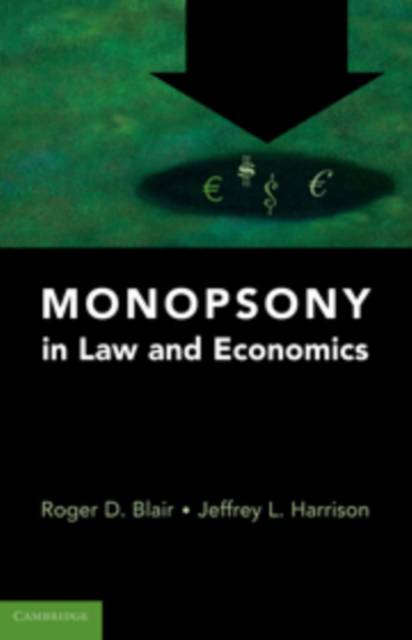
- Afhalen na 1 uur in een winkel met voorraad
- Gratis thuislevering in België vanaf € 30
- Ruim aanbod met 7 miljoen producten
- Afhalen na 1 uur in een winkel met voorraad
- Gratis thuislevering in België vanaf € 30
- Ruim aanbod met 7 miljoen producten
Zoeken
€ 37,95
+ 75 punten
Uitvoering
Omschrijving
Most readers are familiar with the concept of a monopoly. A monopolist is the only seller of a good or service for which there are not good substitutes. Economists and policy makers are concerned about monopolies because they lead to higher prices and lower output. The topic of this book is monopsony, the economic condition in which there is one buyer of a good or service. It is a common misunderstanding that if monopolists raise prices, then monopsonists must lower them. It is true that a monopsonist may force sellers to sell to them at lower prices, but this does not mean consumers are better off as a result. This book explains why monopsonists can be harmful and the way law has developed to respond to these harms.
Specificaties
Betrokkenen
- Auteur(s):
- Uitgeverij:
Inhoud
- Aantal bladzijden:
- 262
- Taal:
- Engels
Eigenschappen
- Productcode (EAN):
- 9780521746083
- Verschijningsdatum:
- 6/09/2010
- Uitvoering:
- Paperback
- Formaat:
- Trade paperback (VS)
- Afmetingen:
- 152 mm x 226 mm
- Gewicht:
- 358 g

Alleen bij Standaard Boekhandel
+ 75 punten op je klantenkaart van Standaard Boekhandel
Beoordelingen
We publiceren alleen reviews die voldoen aan de voorwaarden voor reviews. Bekijk onze voorwaarden voor reviews.








